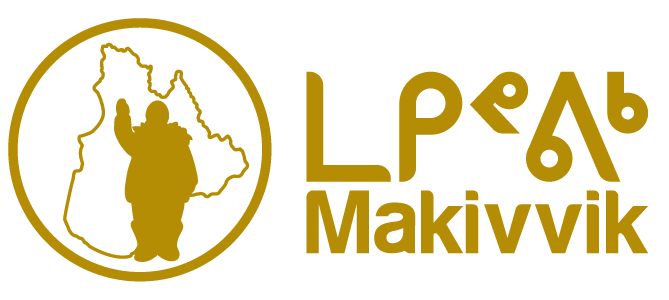Inuit Customary Adoption
Since 2018, the effects of Inuit customary adoptions, as any of other customary adoption under a Quebec Indigenous Nation or community’s customs, are recognized as law. That is following the introduction of various provisions specific to Aboriginal Customary Adoption in the Quebec Civil Code. By custom, biological parents may decide to entrust their child to adoptive parents of their choice, who will then take care of the child as their own. The new provisions are rendering this state of fact known, and opposable, to all.
As you may remember from previous articles showcased in this magazine, and which led to the Quebec Civil Code amendments, Inuit customary adoption in Nunavik had not over the years seen its effects duly included in the Quebec laws, exception being made to the laws implementing the James Bay and Northern Quebec Agreement (JBNQA). There may have been that administrative process in place since the mid ‘90s to see the effects of Inuit customary adoptions registered, but parents were still at times experiencing several difficulties, for example, for school, passport, or medical purposes.
Since 2018, the process for registering effects of customary adoptions has been streamlined. It still involves the filing of the “Declaration of Inuit Customary Adoption” form (Form G available at the Nunavik Landholding Corporations’ offices, or from Makivvik’s Nunavik Enrolment Office) by the two sets of parents, with official confirmations. It also implies the issuance of a Certificate of Inuit Customary Adoption, the main element of the interface system created in law in between the custom and local interveners, and the provincial civil status authority. Out of this certificate, the birth act of the child will be modified in favour of his/her parents according to customs. Some consensually developed elements surrounding the Inuit customary adoption may nevertheless be worth reiterating:
A reminder on the Procedure for seeing the effects of your Customary Adoption registered:
– Adoptive parents should fill out one copy of the “Declaration of Inuit Customary Adoption” form (Form G)
– All parties’ original signatures shall therein appear
i. Inuit Biological parents: as listed on the child’s birth certificate
ii. Inuit Adoptive parents
iii. Mayor of the Northern Village
iv. President of the Landholding Corporation
– The Declaration is sent to the attention of Makivvik’s Registrar at the Nunavik Enrolment Office
– A Certificate of Inuit Customary Adoption is issued by the Nunavik Enrolment Office and transmitted to the Quebec Civil Status Registrar
– The Quebec Civil Status Registrar modifies the act of birth of the adopted child.
Inuit Customary Adoptions intervene between Inuit
Traditional adoption involving non-Inuit or non-beneficiary individuals/families is not permissible under the Nunavik Inuit customs. Based on guidelines adopted by regional institutions in the mid ‘90s, an Inuk child can be adopted by Inuit parent(s), being Inuit or Inuit beneficiary relatives or individuals with whom an exchange of consent intervened with the birth parents. The Makivvik Nunavik Enrolment Office and Legal Department can provide you with more information about this.
Also, Aboriginal customary adoption excluded, the rule in Quebec is that parent(s) cannot choose to whom they would like to give their minor child for adoption. It is the sole responsibility of Youth Protection Services.
Consequent to this and to the Inuit customs of application, decisions taken by Inuit parent(s) to give for adoption an Inuk child to a non-Inuit/beneficiary family are not valid. The process for registering the effects of customary adoption would not be applicable, and no “Inuit Customary Adoption Form” shall be filled in these specific cases, as the Youth Protection offices would have to be contacted in relation to this presumably sought statutory adoption.
The Legal Tips column is provided by Makivvik’s legal team and aims to explain to the Nunavik Inuit clientele in a general and broad manner some elements of the law applicable in Quebec and are not legal opinions nor legal advice which can be obtained by contacting private practitioners (lawyer or notary).





